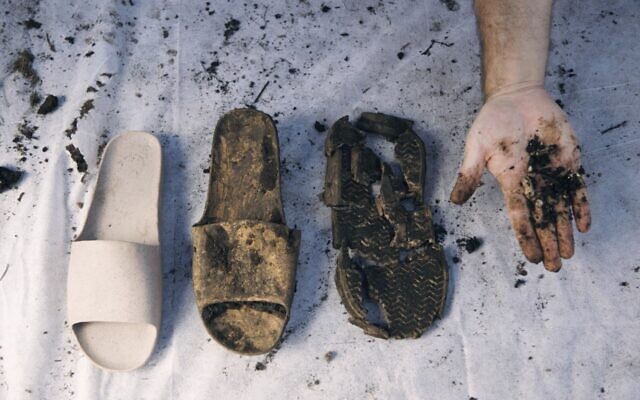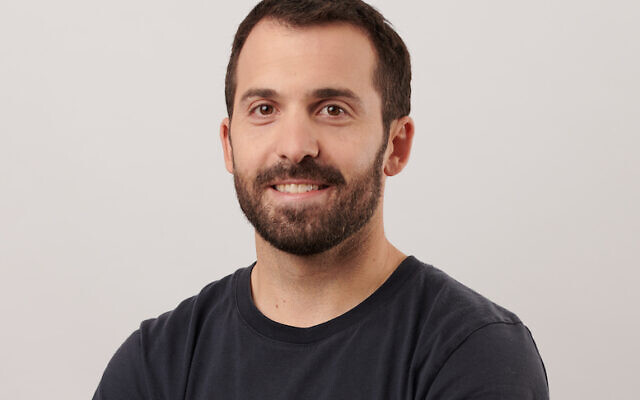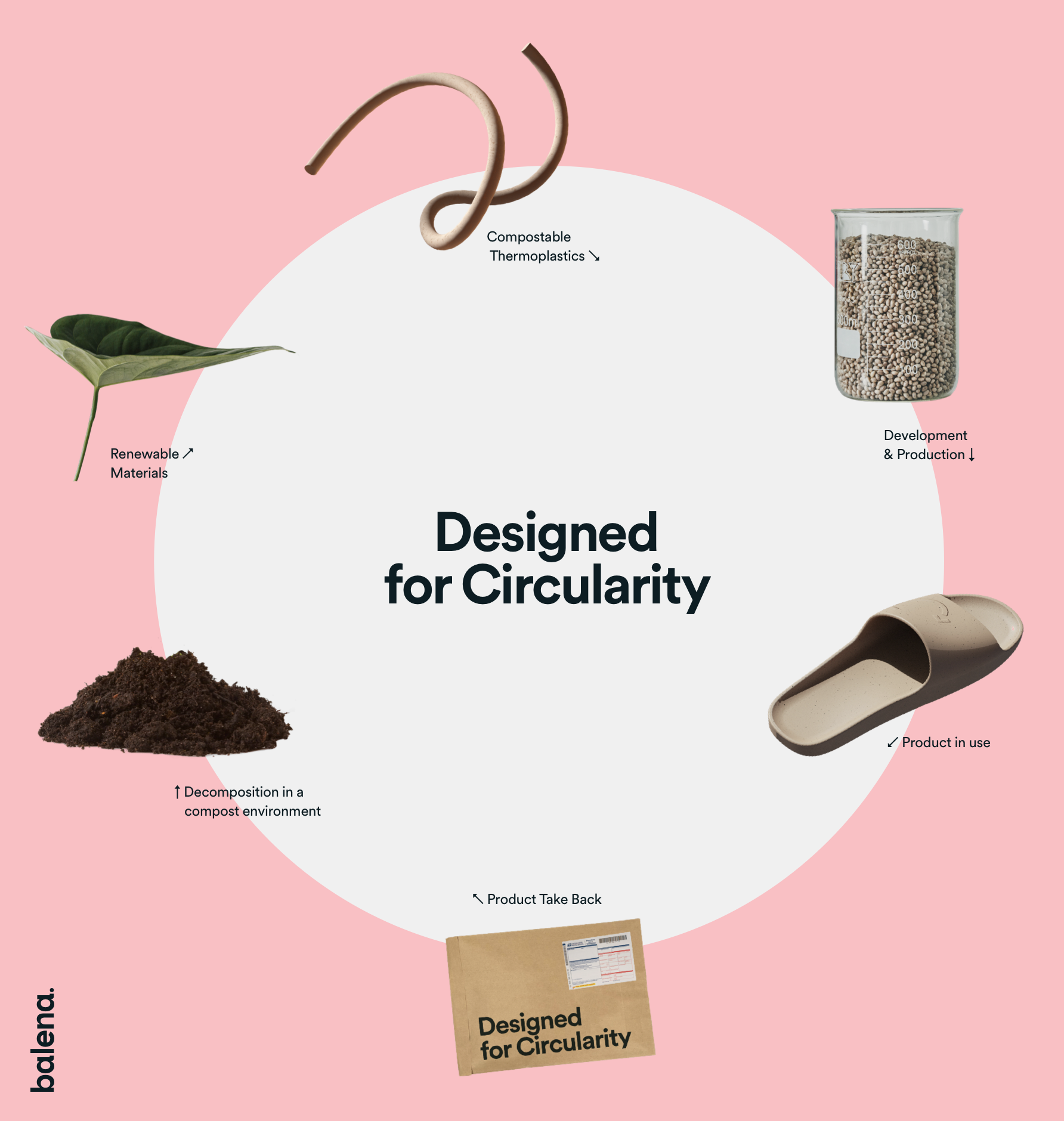Israeli Startup Debuts Compostable Footwear Designed in Italy
Balena develops what it describes as the world’s first fully compostable plastic fashion product, decomposing into the ground without leaving harmful waste and chemicals.

With the chic of Milan and the tech developed in Tel Aviv, an Israeli materials science startup has rolled out fashionable footwear made of fully compostable material in an effort to replace polluting plastic currently used by fashion brands for clothing and shoes.
Balena’s shoes are made of 100 percent BioCir, a flexible biodegradable material consisting of natural ingredients bound by polymers and modifiers, which decomposes back into the earth without leaving harmful waste and chemicals.
Designed and manufactured in Italy, the Tel Aviv company in December debuted cinnamon-scented flip-flops for both men and women, selling the first thousand pairs in Tel Aviv for $49 each.
Once users decide they are done wearing their shoes, they can bring them to designated flower or plant stores around Tel Aviv, where they will be taken to an industrial compost facility in the south of Israel, rather than ending up in a landfill.
Balena CEO David Roubach says the startup has debuted the world’s first fully compostable plastic fashion product made to provide an alternative to the toxic, fossil fuel-based materials used in the fashion industry. For Roubach, footwear is only the start for the potential use of biodegradable plastic in fashion, clothing and other consumer products.
“The difficulty was to engineer and develop compostable plastics that could be suitable for fashion and in that area,” Roubach told The Times of Israel. “We are currently in talks with the biggest footwear companies…to enable them to manufacture a line of compostable shoes.”
“Essentially our biocycling [biological recycling] solution that uses biological processes to break down waste and convert it into compost could be adapted to any product in the world,” he added.

Fashion is responsible for up to 8 percent of global carbon dioxide output, and textile dyeing is a major polluter of water, according to the United Nations Environment Programme. It is the second most polluting industry after the oil and gas industries, accounting for 1.2 billion tonnes of greenhouse gas emissions annually.
With the emergence of fast fashion, it is estimated that people are buying 60 percent more clothes than 15 years ago and are wearing them for half as long. As a result, millions of tonnes of fashion garments or textiles waste are being dumped into landfills or being burnt every year, polluting the earth and the oceans with dangerous microplastics that will not biodegrade for hundreds of years.
The size of the global biodegradable plastics market was estimated at $4.3 billion in 2021 and is set to grow to $12.9 billion by 2030, according to a report by Acumen Research and Consulting.
Together with Dr. Yanir Shaked, a plastic engineer, Roubach founded Balena three years ago to develop biodegradable and compostable polymers to provide a biological solution for the fashion industry’s biggest challenge. That’s after Roubach created wearable product textiles when serving in a special combat unit of the Israeli Air Force and studying at Bocconi University in Milan.
“Currently, there are cool startups developing biodegradable and compostable solutions for the packaging industry, but it is not commercialized as it should be,” said Roubach. “Our idea was to change the industry and take it to what the fashion industry needs.”
“In the last 10 years, there is a lot of movement also in the fashion industry to support the approach of circularity and sustainability, but mainly with recycling and without much success,” Roubach noted.
Currently, there are cool startups developing biodegradable and compostable solutions for the packaging industry, but it is not commercialized as it should be. Our idea was to change the industry and take it to what the fashion industry needs.
“It’s super hard to recycle products that have different raw materials; in fashion today, 60 percent of all the materials being used is plastic,” Roubach said. “If you have 10 different varieties of raw plastic in it, you will never be able to disassemble it for recycling. Or if you have a shirt, which is 70 percent cotton and 30 percent polyester, it will be challenging to disassemble the materials from each other.”

Balena’s BioCir is a flexible thermoplastic material that can be used for the manufacturing of products using 3D printing, injection molding, or extrusion, which Roubach explained makes it highly scalable, ready for collaboration and implementation across diverse verticals and industries.
In addition, he emphasized that the cost associated with sorting, cleaning and industrial recycling textile waste can be high.
“When customers bring back fashion products to stores they will be collected but then you don’t know what happens with them and in many cases what happens today is that they will be shipped to China to factories for melting and recycling on the other side of the world,” said Roubach. “Our process is more local, reduces cost and the [environmental] footprint.”
Balena is working on developing additional more rigid material based on biopolymers that can be used, for example, for sunglasses frames and buttons tailored to replace unsustainable and polluting plastics.
“We aim to be the leading biomaterials science company that specializes in circularity,” said Roubach. “In the future, we thrive to have a biodegradable and biobased biocycling solution for each and every conventional plastic in the industry.”



comments